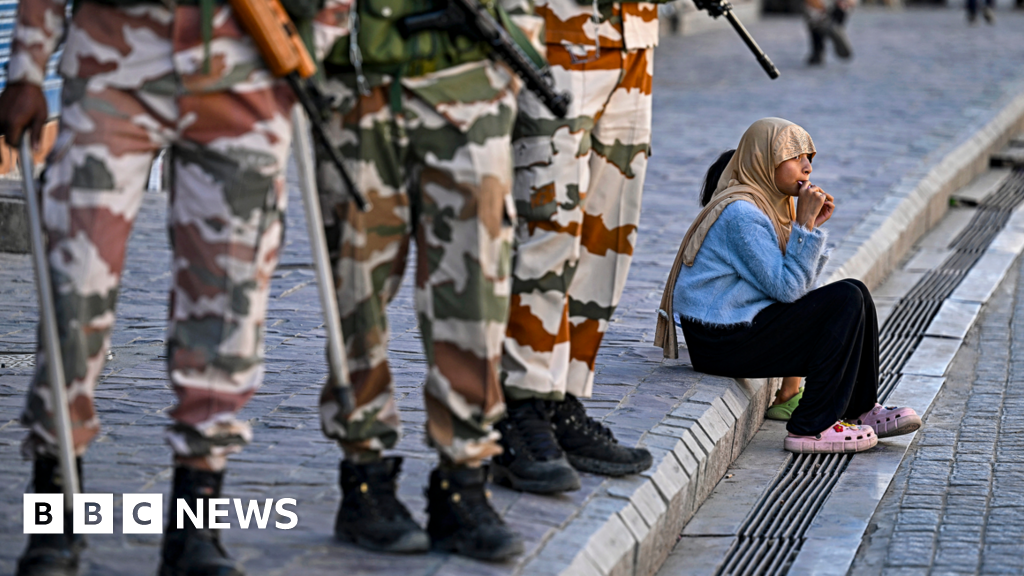In Ladakh, peaceful protests advocating for greater autonomy from India escalated into violence last week, resulting in four civilian deaths and numerous injuries. The protests centered around Sonam Wangchuk, a prominent activist arrested for allegedly inciting the mob. Authorities responded with internet cuts, a curfew in Leh, and increased paramilitary presence.
Ladakh’s complex history, influenced by spirituality and culture, has become turbulent since the Indian government revoked its special status in 2019, leading to rising discontent over unfulfilled promises of autonomy and economic development. The region is home to a diverse population of Buddhists and Muslims, with differing political aspirations. Many residents feel betrayed by the government’s actions, fearing demographic changes and loss of cultural identity.
Residents have called for the inclusion of Ladakh in the Sixth Schedule, which would grant constitutional protections for tribal areas. Despite the ongoing unrest, leaders emphasize their commitment to peaceful advocacy, though distrust towards the government remains high. The future of stability in Ladakh appears uncertain, as civil society groups withdraw from negotiations in light of recent events.
Source link


